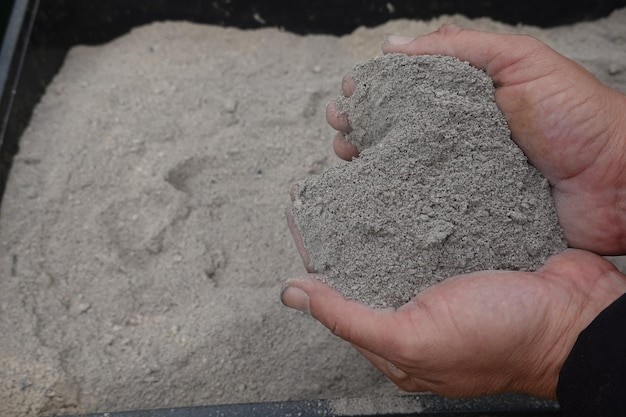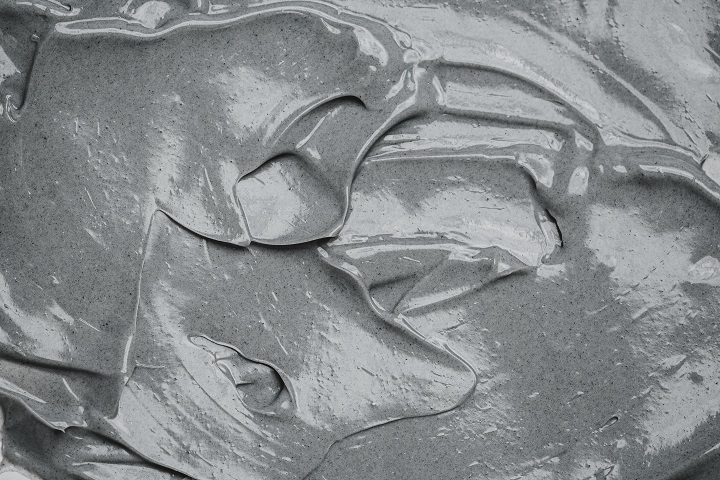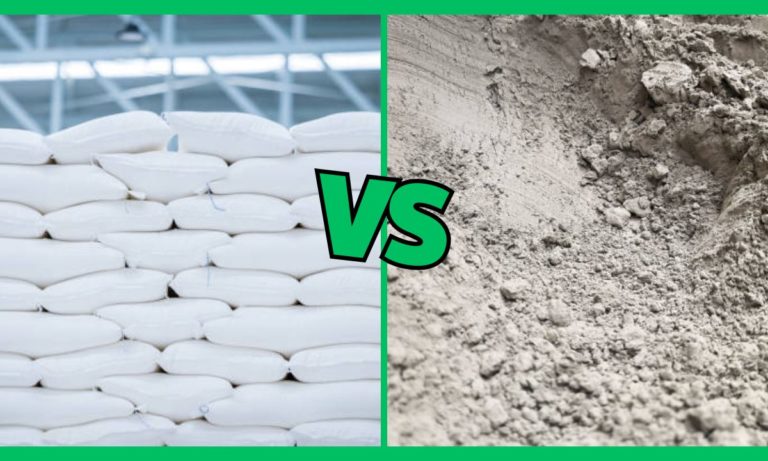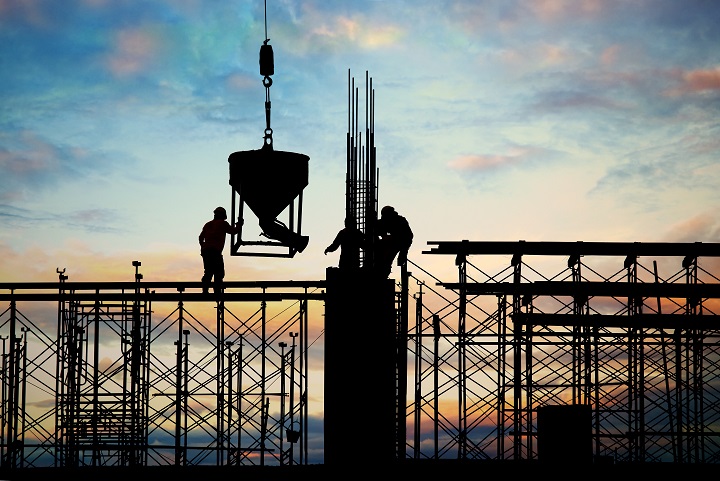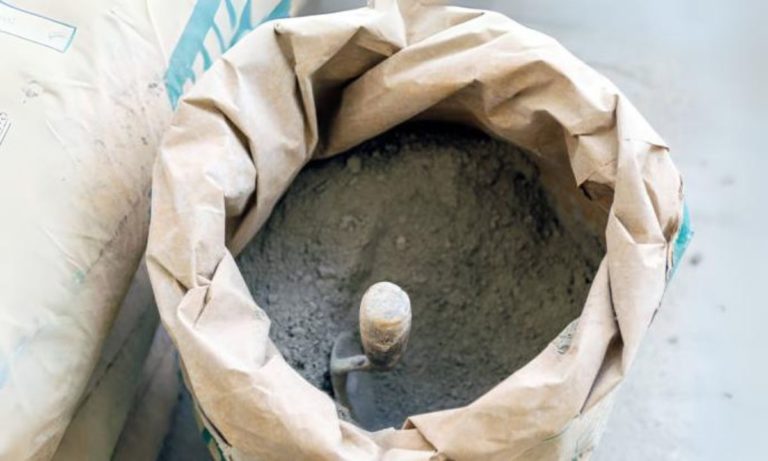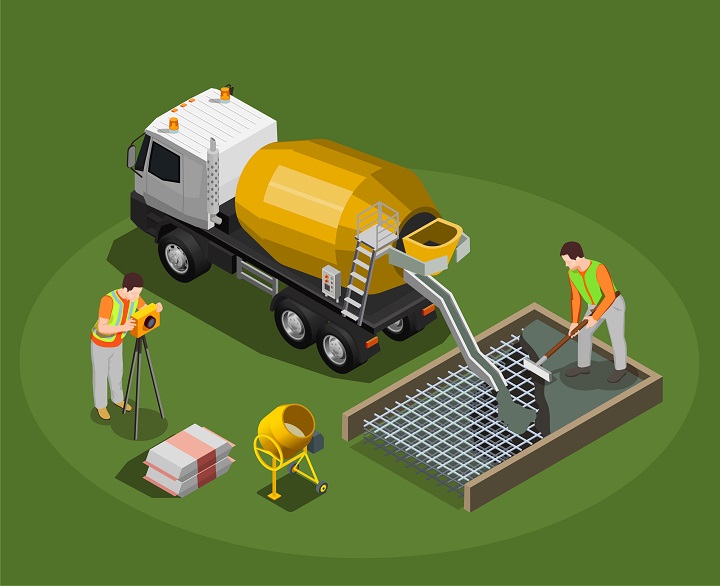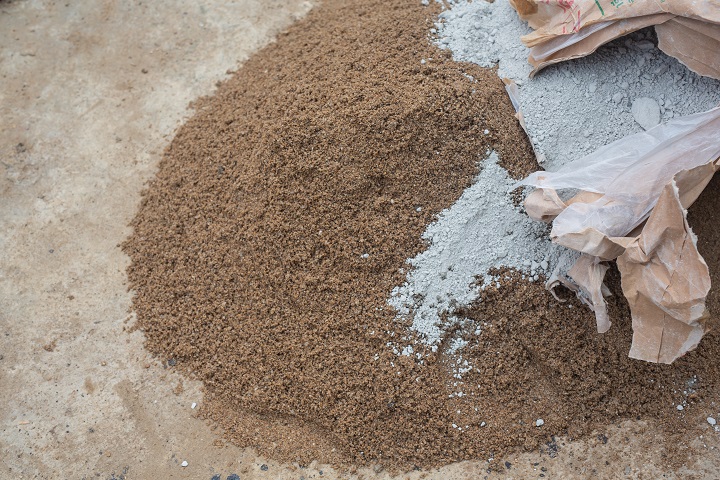What is Hydraulic Cement – Uses, Pros and Cons in Bangladesh
Hydraulic cement is an inorganic material that can react with water under ambient conditions to compose a water-resistant and hardened product. It is vital in the construction industry. Its versatility makes it valuable for infrastructural projects like bridges, buildings, and dams in regions that are prone to moisture.
If you are in this industry, you should know about the application, advantages, and disadvantages of hydraulic cement.
Mir Cement has prepared a comprehensive guide, What is Hydraulic Cement – Uses, Pros and Cons in Bangladesh! Give it a read!
What is Hydraulic Cement?
Hydraulic cement is a type of cement that sets and hardens when mixed with water in underwater or wet conditions. It is a special type of cement that hardens and sets through a chemical reaction with water, unlike non-hydraulic cement which depends on air drying.
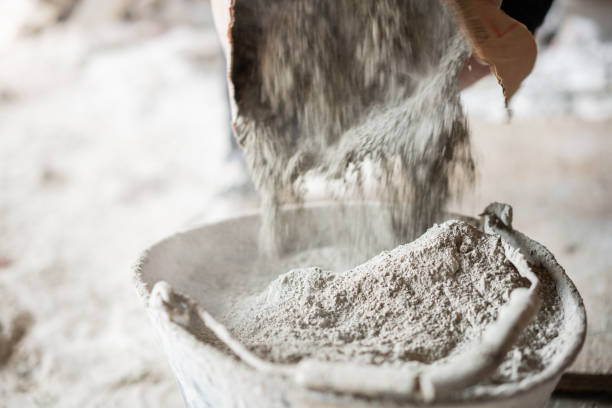
This type of cement is mainly composed of clinker, generated by heating clay and limestone, along with other additives like gypsum.
For more information on the different types of cement used in construction in Bangladesh, you can explore this detailed guide on the types of cement.
- Clinker: It is the focal ingredient, essentially composed of aluminates and calcium silicates. The chemical reactions involve water and clinkers that are responsible for the hardening of the cement.
- Supplementary Cementitious Materials (SCMs): These can include materials like silica fume, fly ash, or slag that boost the properties of cement and reduce environmental influence.
- Gypsum: It is added to manage the setting time and avert flash setting, which happens when the cement hardens too fast.
What are the Uses Of Hydraulic Cement?
Hydraulic cement is really important in certain construction projects because of its unique properties. Check out its common arena of usage!
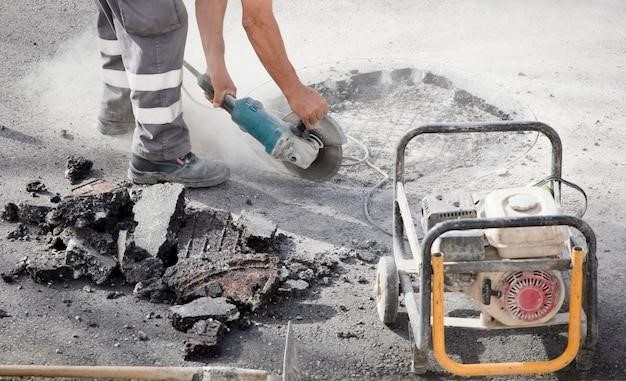
i) Masonry Work: Hydraulic cement is widely used in masonry to bond stones, blocks, and bricks together. The properties offer a durable and strong bond even in wet conditions.
ii) Concrete Repair and Patching: This cement is frequently used for repairing holes, leaks, and cracks in concrete frameworks like walls, floors, and foundations. The fast setting time ensures quick repair. Thus it prevents structural damage and further water infiltration.
iii) Hydroelectric Projects: Hydraulic cement plays a pioneering role in constructing reservoirs and dams having persistent water exposures in hydroelectric power plants. It assists in handling the structural stability of such complex infrastructure projects.
iv) Sewer and Tunnel Repairs: This type of cement is used to maintain structural integrity and repair leaks in sewage systems and tunnels. Its ability to repel water is fundamental for preventing defilement and securing safe transportation.
v) Underwater Construction: Hydraulic cement is valuable for underwater and marine projects like bridges, piers, and dams for its ability to set and harden underwater. To ensure integrity, it effectively seals leaks in underwater structures.
vi) Road Construction: This type of cement is used in the construction of roads and highways, especially in areas with frequent water exposure or high rainfall. It facilitates the longevity and durability of road surfaces.
Know more about the differences between PPC and PSC cement and their various applications, it will help you find more about cement types, feel free to check out a detailed guide.
What are the Advantages and Disadvantages of Hydraulic Cement in Bangladesh?
The usage of hydraulic cement presents a unique set of advantages and disadvantages in Bangladesh. For a deeper understanding of cement types, including how hydraulic cement compares to others like OPC and PPC, you can check out the difference between OPC and PPC cement!
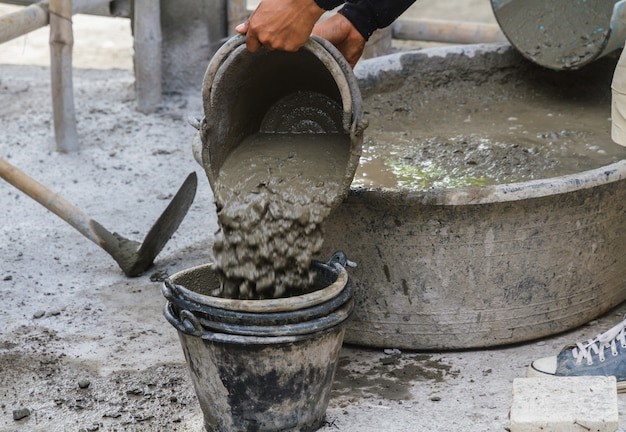
Advantages of Hydraulic Cement
Hydraulic cement offers unique benefits that make it a popular choice for various construction projects. Known for its ability to set and harden even underwater, it provides long-lasting durability, fast setting times, and excellent resistance to chemicals and harsh weather conditions. Below are some of the key advantages of using hydraulic cement.
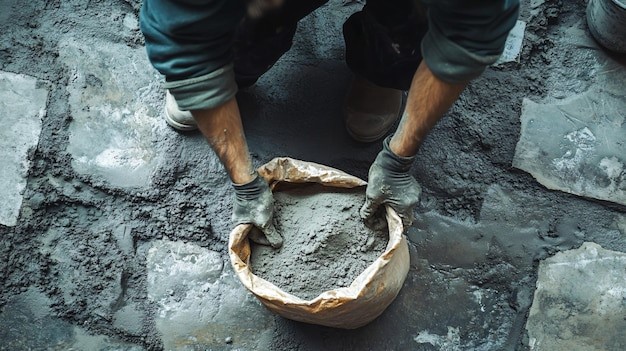
- Water Resistance:
Water resistance is the key feature of hydraulic cement. This makes it suitable for applications on basements, structures, and foundations to moisture. Thus, durability and reliability are ensured where water exposure could be a concern.
- Durability:
Durability is a notable advantage of hydraulic cement. It provides resistance against wear and tear. Hence, long-lasting performance is guaranteed. Moreover, it can withstand environmental stressors like temperature and moisture fluctuations. So, cracking and degradation over time is prevented.
- Fast Setting Time:
Hydraulic cement hardens quickly after mixing with water as it has a faster setting time. This swift setting process aligns with the construction timelines. So, projects progress without any sort of prolonged delays. It is a blessing for urgent repairs or time-sensitive applications.
- Enhanced Workability:
Cement of this kind features enhanced workability. Both the mixing and application process of hydraulic cement is quite easy. This trait smoothens the construction handling. Moreover, workers achieve the required shapes and detailed finishes without much toil. It is extremely versatile.
- High Strength:
This type of cement achieves high strength super fast. So, it provides the required support for structural coherence for different construction applications. The rapid strength development ensures project completion on time and effective load-bearing capacity.
For more information on critical factors like the water-cement ratio, which plays a crucial role in the effectiveness of hydraulic cement, check out the guide on how to calculate the water-cement ratio in concrete, it will help you understand the important factor of cement ratio.
Disadvantages of Hydraulic Cement
While hydraulic cement offers several benefits, it also comes with some drawbacks that need to be considered. Its limitations include reduced flexibility, sensitivity to temperature, and a relatively short working time. Here are some of the key disadvantages of using hydraulic cement.
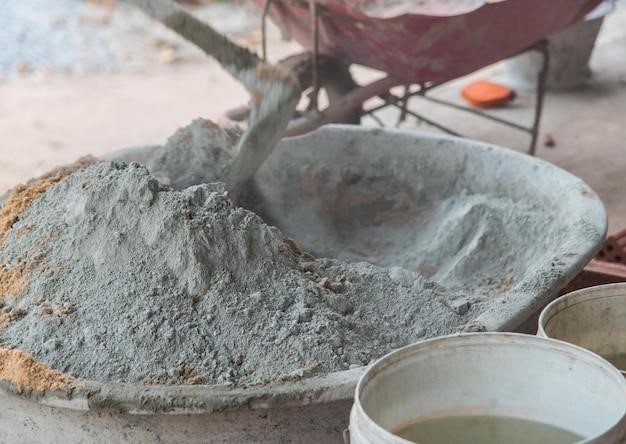
- High Cost
The cost of hydraulic cement is comparatively higher than traditional cement. It can substantially influence the overall project budget. In large projects, cost efficiency is super important.
The increased cost may limit its use in these applications. That’s why budget constraints should be properly evaluated before opting for it.
For insights on making informed decisions when purchasing PPC cement, you can check out these things.
- Moisture Sensitivity:
Hydraulic cement is primarily designed to resist water. If it is not stored properly or applied in absurdly wet conditions, its performance may be compromised. Moisture sensitivity can result in reduced efficiency, Thus, the integrity of the final structure is affected. Proper handling and control is really important to avoid this issue.
- Need of Precise Mixing:
This cement requires precise mixing ratios to obtain the desirable strength and durability. This feature can stand as a challenge on construction sites. Maintaining precision could be difficult due to different circumstances or time limitations. An inaccurate mixing ratio can result in a compromised performance.
- Limited Work Time:
The quick setting time of hydraulic cement does not favor sufficient working time for complicated designs or larger projects. This fast curing can pressurize workers to work faster. In the long run, it can potentially compromise the quality and accuracy.
Read also- 10 Mistakes to Avoid When Using Concrete Blocks
Conclusion
Hydraulic cement is substantial for Bangladesh’s construction sector. It provides a good number of advantages like fast setting, and amazing water resistance.
Thus, it is ideal for humid conditions. When it is applied in construction projects, the durability is enhanced significantly. Also, you can find the best products & services offered by Mir Cement for your construction.
Hopefully, this guide, What is Hydraulic Cement: Uses, Advantages, and Disadvantages in Bangladesh, will help you!

